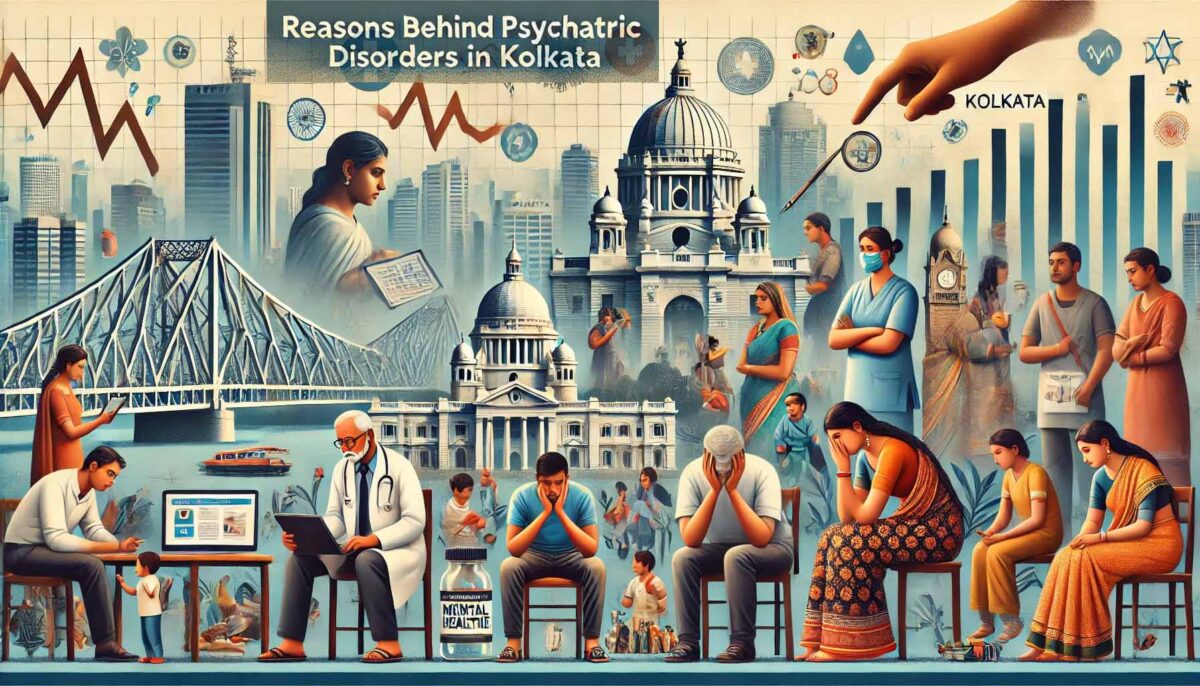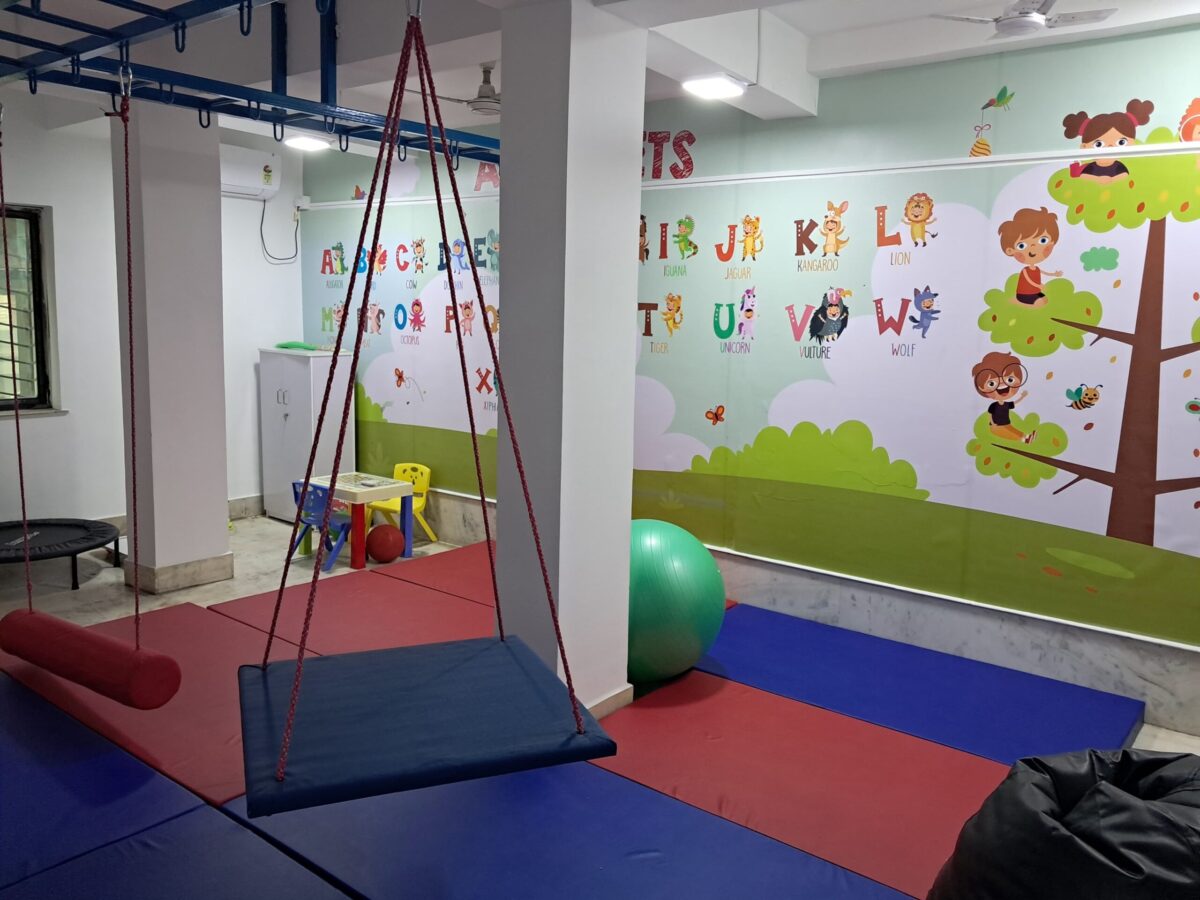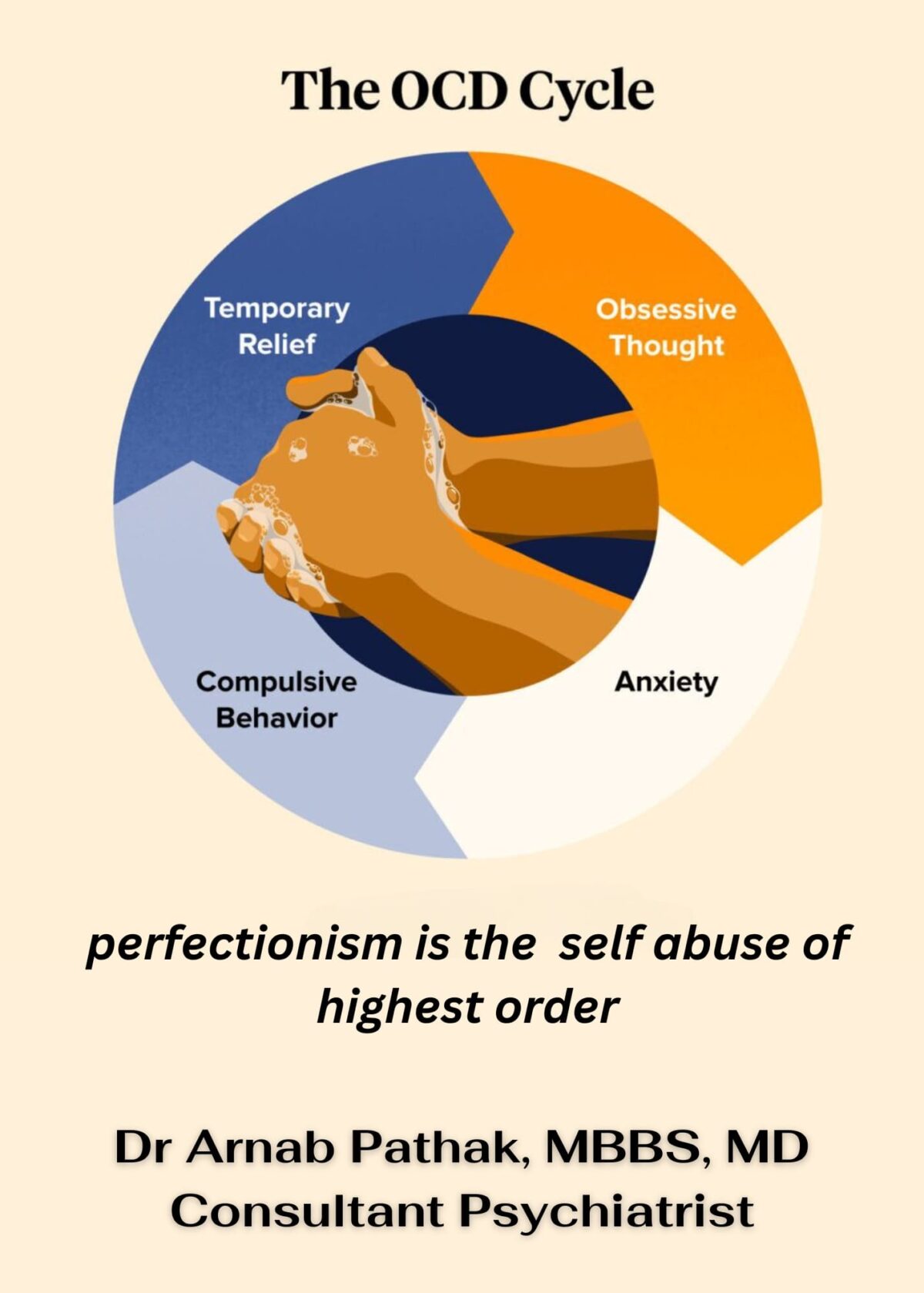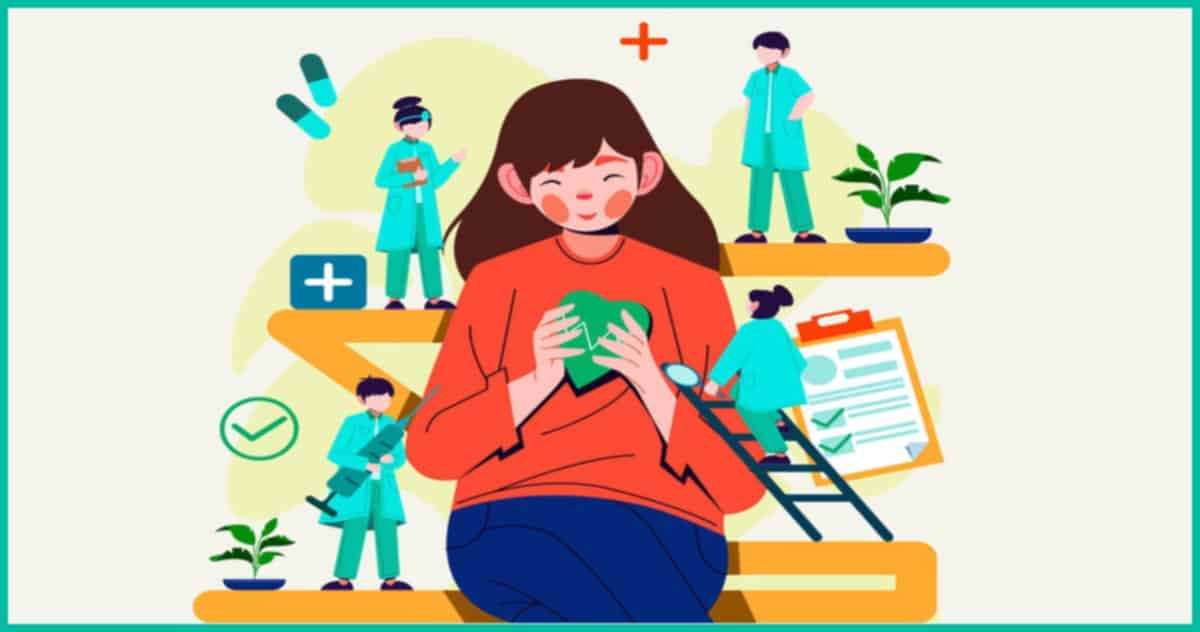The Growing Concern in West Bengal
In recent years, West Bengal has witnessed a significant increase in reported cases of psychiatric disorders. This trend has sparked concerns among healthcare professionals and policymakers alike.
What are Psychiatric Disorders?
Defining Psychiatric Disorders
Before delving into the rise of cases, it’s crucial to understand what psychiatric disorders entail. These conditions affect mental health and can disrupt a person’s thinking, feeling, mood, and ability to relate to others.
Factors Contributing to the Rise
Socioeconomic Factors
The socioeconomic landscape plays a pivotal role in the prevalence of psychiatric disorders. Economic instability, poverty, and unemployment can exacerbate stress levels, leading to an increased susceptibility to mental health issues.
Cultural and Social Norms
Cultural factors influence how mental health is perceived and addressed within communities. In West Bengal, traditional beliefs and stigma surrounding mental illnesses have historically deterred individuals from seeking timely treatment.
Impact of Urbanization
Urban Stressors
The rapid urbanization witnessed in cities like Kolkata has introduced new stressors such as overcrowding, pollution, and lifestyle changes. These factors contribute to the burden of psychiatric disorders among urban populations.
Healthcare Accessibility and Awareness
Challenges in Accessing Mental Healthcare
Despite efforts to improve mental health services, accessibility remains a significant challenge in many parts of West Bengal. Limited resources and infrastructure in rural areas further impede timely diagnosis and treatment.
Awareness Campaigns and Initiatives
Educational campaigns and community outreach programs are crucial in raising awareness about mental health issues and reducing stigma. These initiatives encourage early intervention and promote mental well-being across diverse demographics.
Role of Technology and Telemedicine
Advancements in Telepsychiatry
The advent of telemedicine and telepsychiatry has revolutionized mental healthcare delivery, especially in remote regions. Virtual consultations facilitate access to specialists and support services, bridging gaps in traditional healthcare delivery models.
Government Policies and Support
Policy Interventions
Government initiatives aimed at bolstering mental health services and integrating them into primary healthcare systems are essential. Policy reforms that prioritize mental health funding and infrastructure development can mitigate the rising trend of psychiatric disorders.
Psychological Impact of Pandemic
COVID-19’s Influence
The COVID-19 pandemic has exacerbated mental health challenges globally, including in West Bengal. Isolation, fear of illness, and socioeconomic uncertainties have heightened stress levels, contributing to the surge in psychiatric disorder cases.
Community Support and Resilience
Building Resilience
Community-based support systems and resilience-building efforts play a pivotal role in combating psychiatric disorders. Peer support groups, counselling services, and educational workshops foster a supportive environment for individuals facing mental health challenges.
Conclusion
Addressing the Growing Need
The 30% rise in psychiatric disorder cases in West Bengal underscores the critical need for comprehensive mental health strategies. By addressing socioeconomic factors, enhancing healthcare accessibility, promoting awareness, and leveraging technological advancements, stakeholders can collectively mitigate the impact of psychiatric disorders.
FAQs about Psychiatric Disorders in West Bengal
- What are the most common psychiatric disorders reported in West Bengal?
Common disorders include depression, anxiety disorders, and substance abuse.
- How can individuals support someone with a psychiatric disorder?
Providing empathy, encouraging professional help, and promoting a non-judgmental environment are crucial.
- Are there specific cultural barriers to seeking mental health treatment in West Bengal?
Yes, stigma associated with mental illness remains a significant barrier, influenced by cultural norms.
- How has telemedicine helped in addressing psychiatric disorders in rural West Bengal?
Telemedicine has improved access to mental healthcare by connecting patients with specialists remotely.
- What role do community initiatives play in reducing psychiatric disorder prevalence?
Community initiatives promote awareness, provide support networks, and encourage early intervention.









